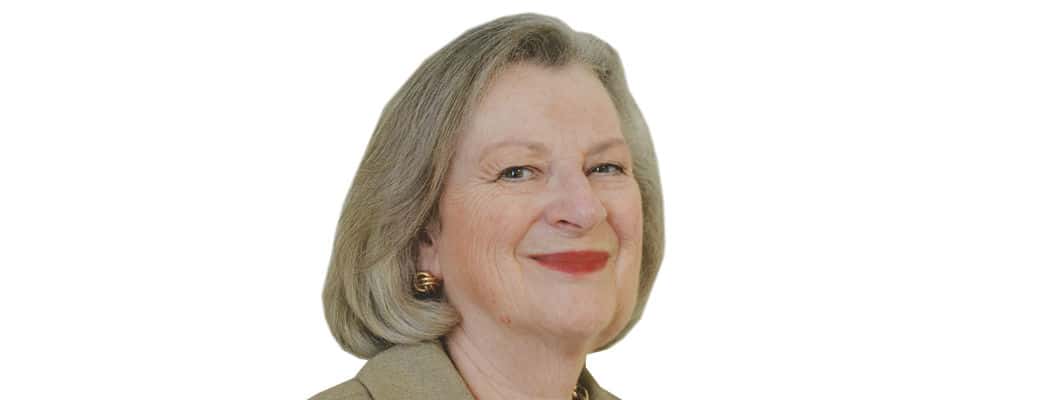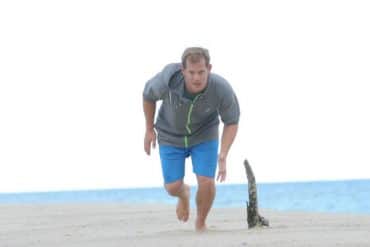A quick chat with Jacqueline Lane of the National Alliance for Mental Illness.
N MAGAZINE: What motivated you to get into this work?
LANE: I became interested in this work through “shared experience” as my brother was diagnosed with serious mental illness and until his death this winter, my family dealt with all the issues that I see families dealing with.
N MAGAZINE: For many, fall can bring about Seasonal Affective Disorder, commonly known as seasonal depression. What pieces of advice do you have for those who might be facing that this September?
LANE: Plan projects or activities that may have been put off in the busy summer months, giving one something to look forward to as the days get shorter. Keep in touch with friends and avoid too much solitude. There are also special lights on the market that are designed to be a substitute for natural sunlight and have been a help for some. If in one’s budget, a trip, even a brief one, off island to a sunny location can help.
 N MAGAZINE: What’s the greatest misconception people have when it comes to mental illness?
N MAGAZINE: What’s the greatest misconception people have when it comes to mental illness?
LANE: That it is not a real illness, like diabetes, cancer, or heart disease. Possibly because the brain is our most complicated organ and we are still in the first stages of understanding its complexities, many (including many cultures) do not give mental health issues the same importance and attention as other physical illnesses. It is often not recognized by many as a true illness, but a condition that one can overcome by “just getting on with it!”
N MAGAZINE: Can you speak a little bit about the divide in understanding between those who grapple with depression and anxiety and those who don’t?
LANE: I think that we all experience levels of anxiety and depression at certain times in our very hectic and challenging lives. However, there are those whose continuing anxieties result in debilitating depression. I think that it is hard for those of us who are able to keep our anxieties and situational depressions mostly under control to understand that there are those who, for whatever reason, experience these feelings at a different level and feel hopeless. I also think the growing addiction crisis is symptomatic of self-medication and lack of treatment for depression. I am hopeful the new help line will give people an opportunity to speak in confidence to a professional and get help.
N MAGAZINE: Can you tell us about this new help line that’s just now been made available to folks on the island and how it came to be?
LANE: The new call line or Interface line, which is scheduled to go live in mid-September, is a call line for information and resources. This completely confidential service, used by many Massachusetts communities, was developed and is being implemented by William James College of Newton, Massachusetts. William James vets the island and regional resources and when one calls, offers advice on what kind of services are needed and then matches the caller with an appropriate option. The phone is answered by a clinical worker or a student of psychiatry. This is a free service and will be funded by NAMI CC&I on Nantucket with the proceeds from the highly successful Dragonfly fundraising event.
 N MAGAZINE: Are places like the Cape and the islands more susceptible to instances of mental illness?
N MAGAZINE: Are places like the Cape and the islands more susceptible to instances of mental illness?
LANE: Yes, I do think that there are some specific aspects of life on the Cape and islands that are challenging for the mental health field. Our demographics show a very wide divide between those with degrees of wealth and those who are struggling. I feel that beneath the beauty, the glamour, and the romantic image, there is a very ugly underbelly full of people with needs that are not being met. We do not have the resources, therapists, or doctors that are found in the cities. Due to the high cost of living, it is difficult to attract and keep these professionals. Getting treatment often means leaving the island or the Cape, which raises a multitude of issues for a struggling family. The Cape and islands also have large ethnic populations that may resist getting help. We do not have the number of bilingual professionals that can be found in the cities. Mental illness does not discriminate and we must not discriminate in providing treatment. There is much work to be done to meet these challenges!






